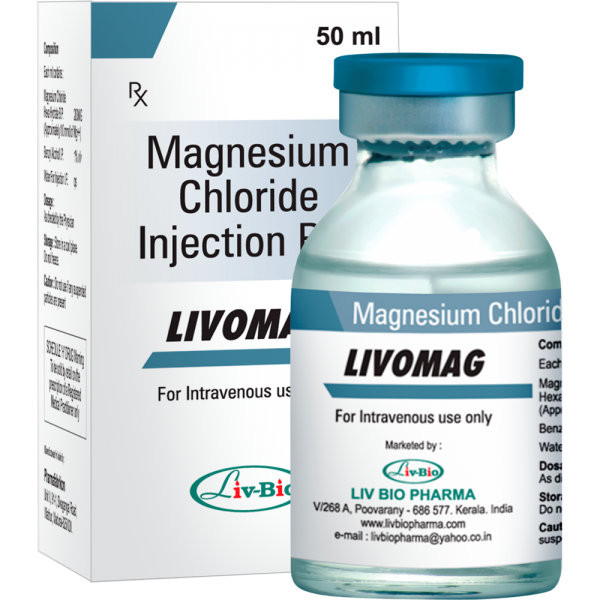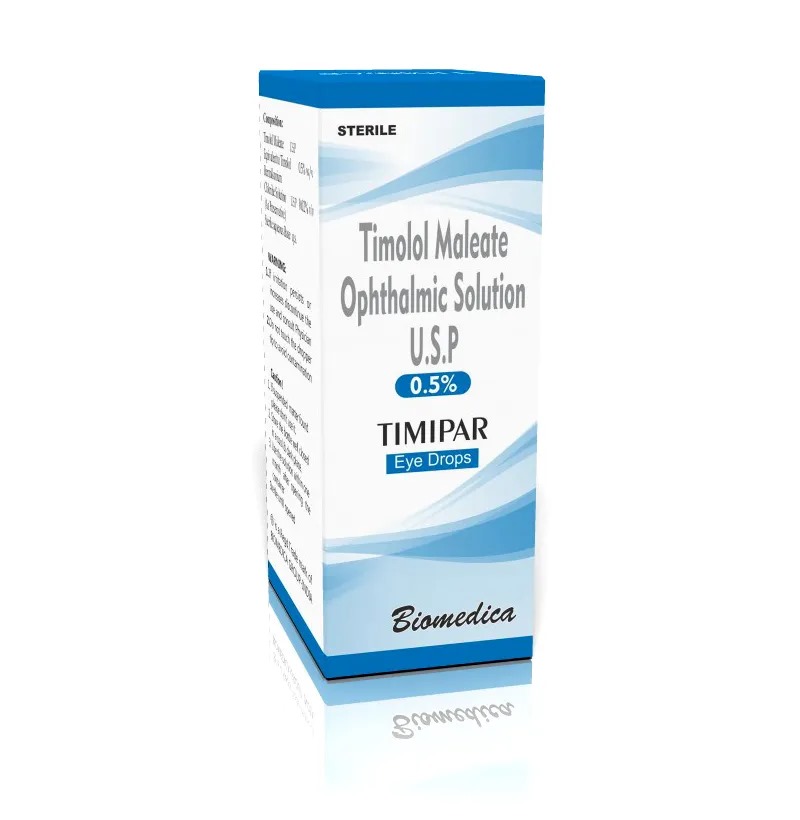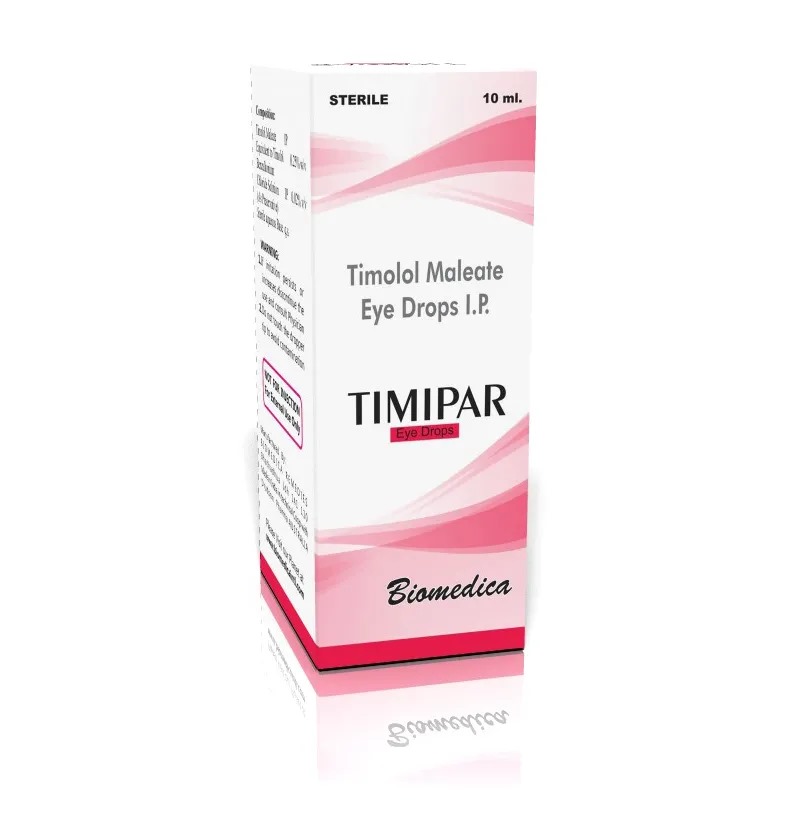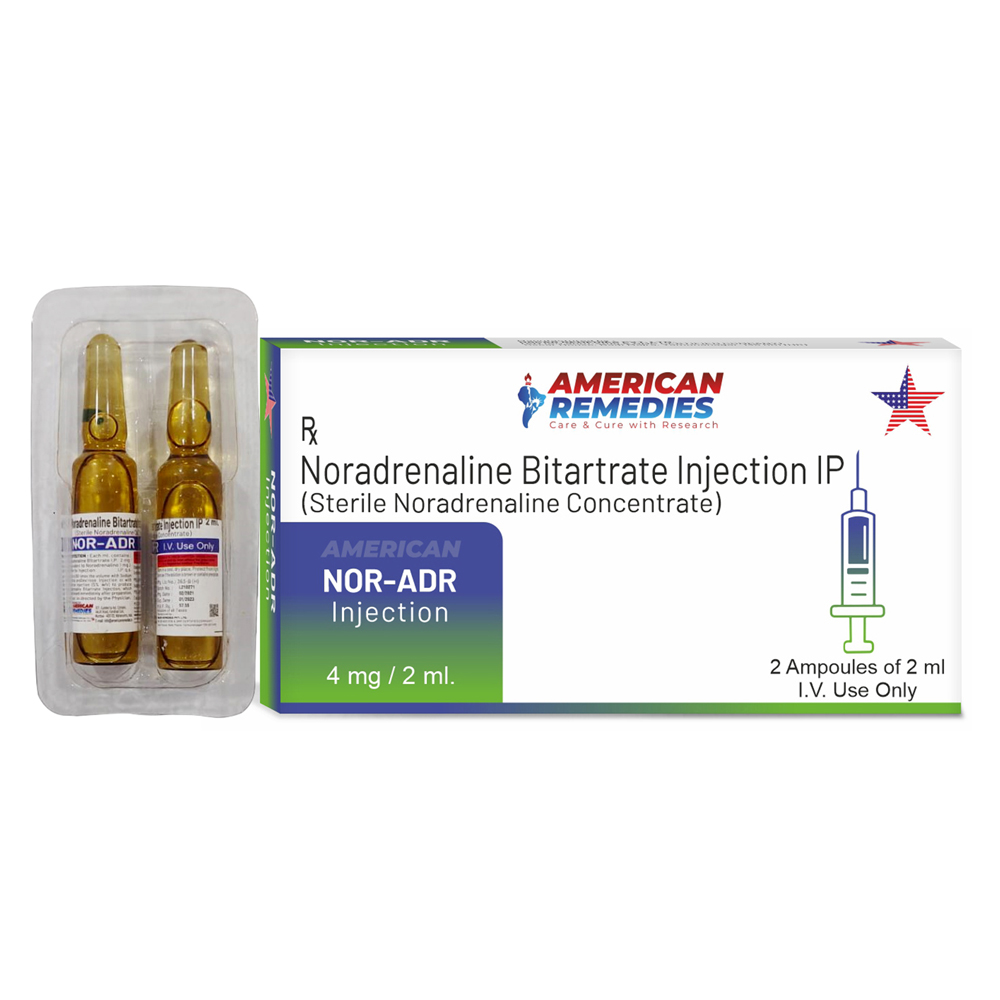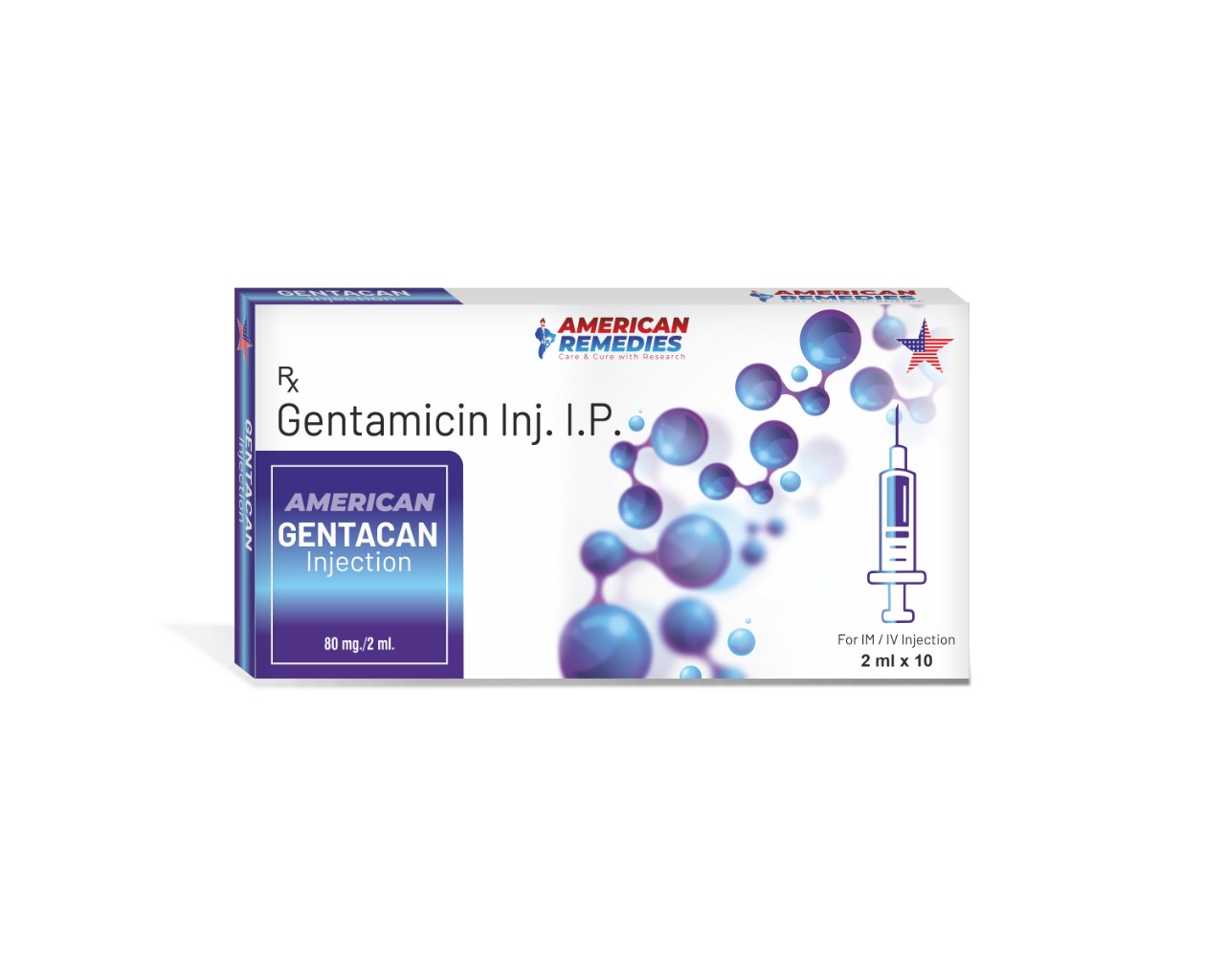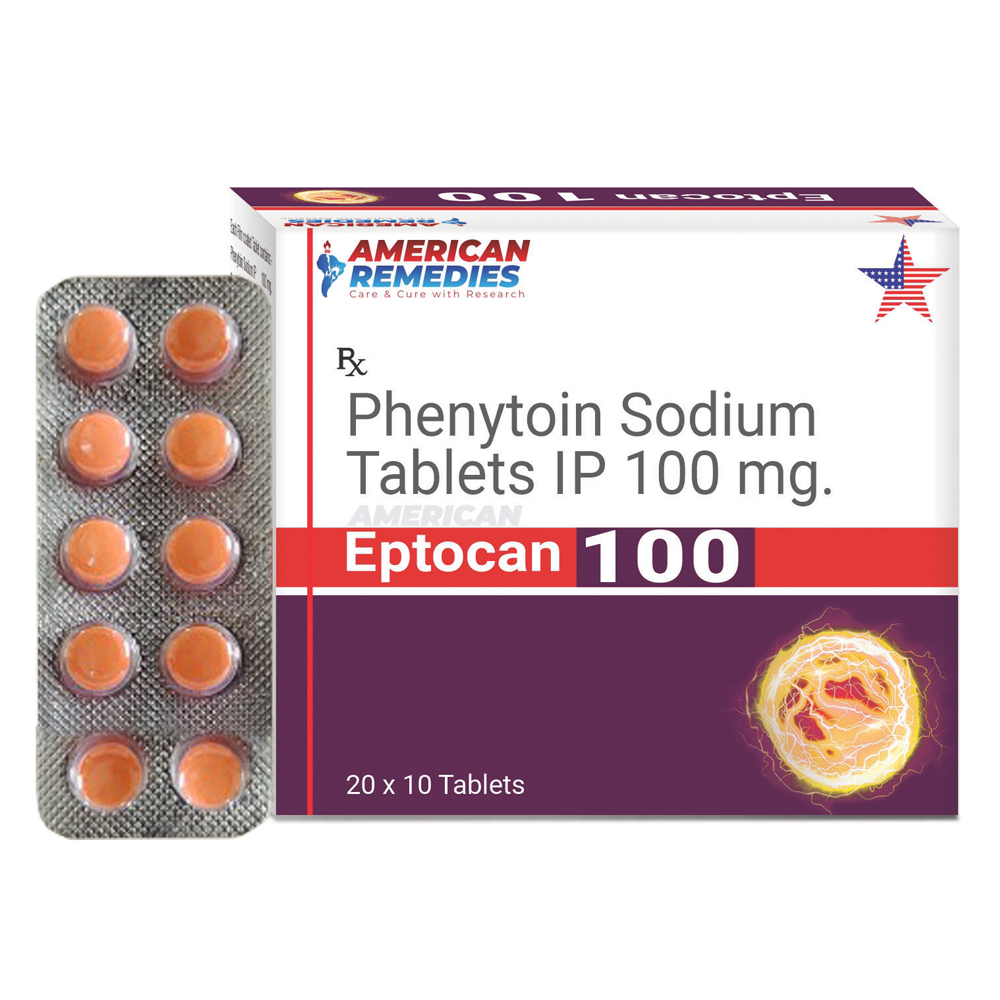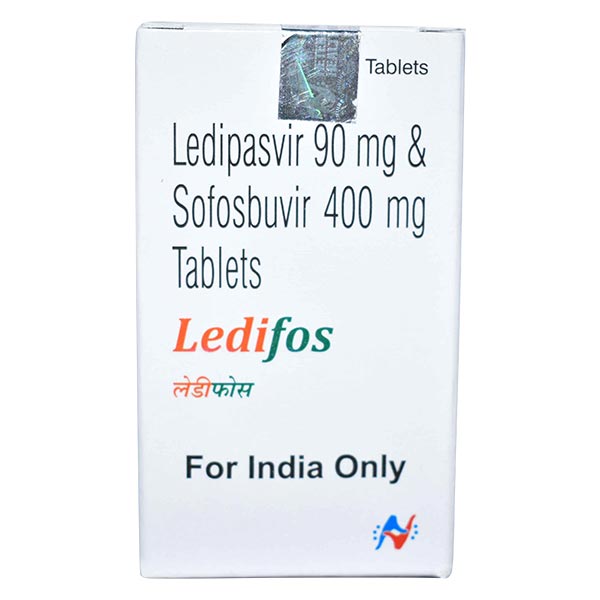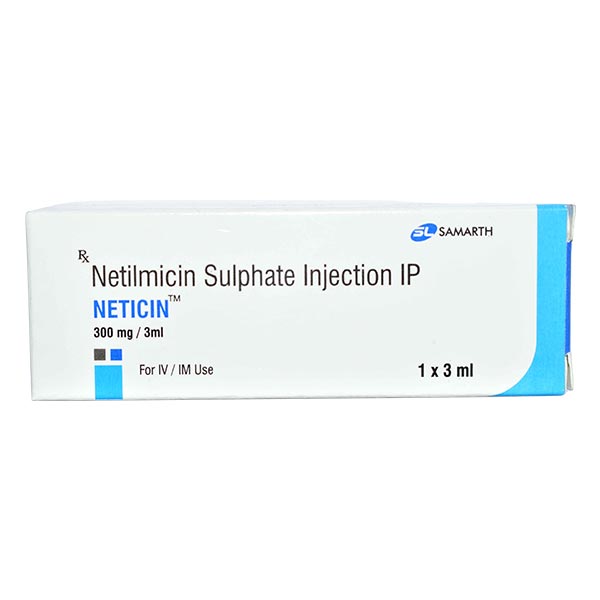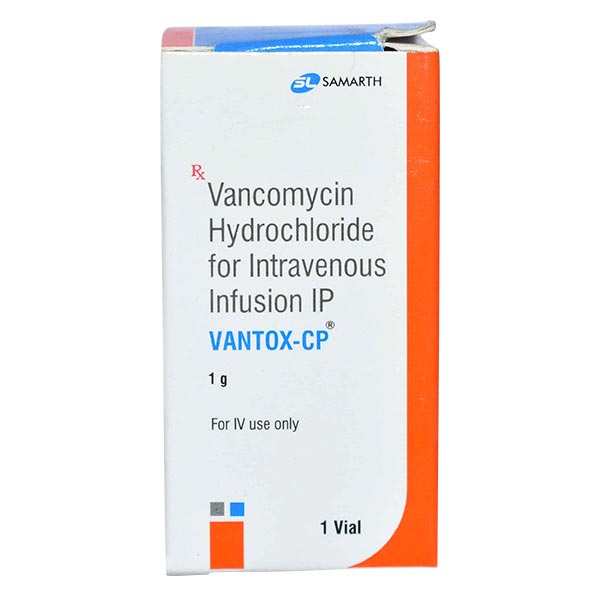Magnesium Chloride Injection is a sterile solution used to treat or prevent magnesium deficiency and related conditions. It's typically given when oral magnesium supplements are ineffective or inappropriate (e.g., in emergencies or hospitalized patients). 🔹 Main Uses of Magnesium Chloride Injection: 🧪 Treatment of Hypomagnesemia (Low Magnesium Levels) Used when blood magnesium levels drop too low, which can cause muscle cramps, fatigue, tremors, and arrhythmias. Common in alcoholics, diabetics, or those with malabsorption syndromes. 🫀 Cardiac Arrhythmias Especially effective in treating: Torsades de pointes (a type of ventricular tachycardia) Irregular heartbeats due to magnesium deficiency. 🤰 Eclampsia and Pre-eclampsia (Pregnancy-related Seizures) Magnesium sulfate is more commonly used, but magnesium chloride may be considered as an alternative. 💨 Severe Asthma Attacks (Adjunct Therapy) Can help relax bronchial smooth muscle and improve breathing during status asthmaticus when other treatments fail. ⚕️ Electrolyte Imbalance Correction Often used with other electrolytes (like potassium) in critical care settings to restore balance in ICU patients. 💉 How It's Given: Intravenously (IV) or Intramuscularly (IM) by a healthcare professional. Dosage depends on the severity of magnesium deficiency or the condition being treated. ⚠️ Precautions & Side Effects: Monitor serum magnesium levels to avoid overdose. High levels can cause: Low blood pressure Flushing Muscle weakness Slow heart rate Respiratory depression or cardiac arrest in severe overdose Use with caution in patients with kidney disease, as magnesium is excreted by the kidneys. ✅ Summary: Condition Use of MgCl Injection Hypomagnesemia ✅ Yes Torsades de Pointes ✅ Yes Pre-eclampsia / Eclampsia ✅ Alternative (to MgSO₄) Severe Asthma (adjunct) ✅ Yes Routine supplementation ⚠️ Only in hospital/clinical setting
Send Message